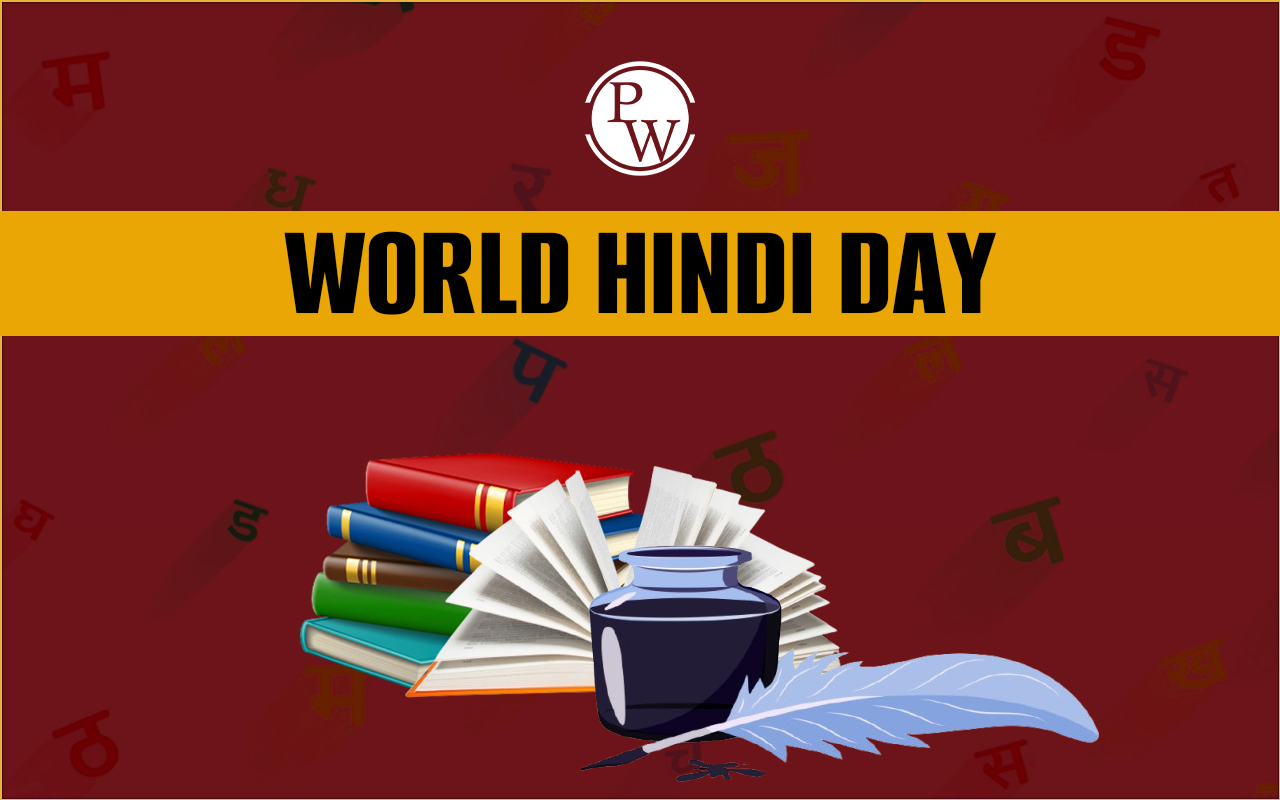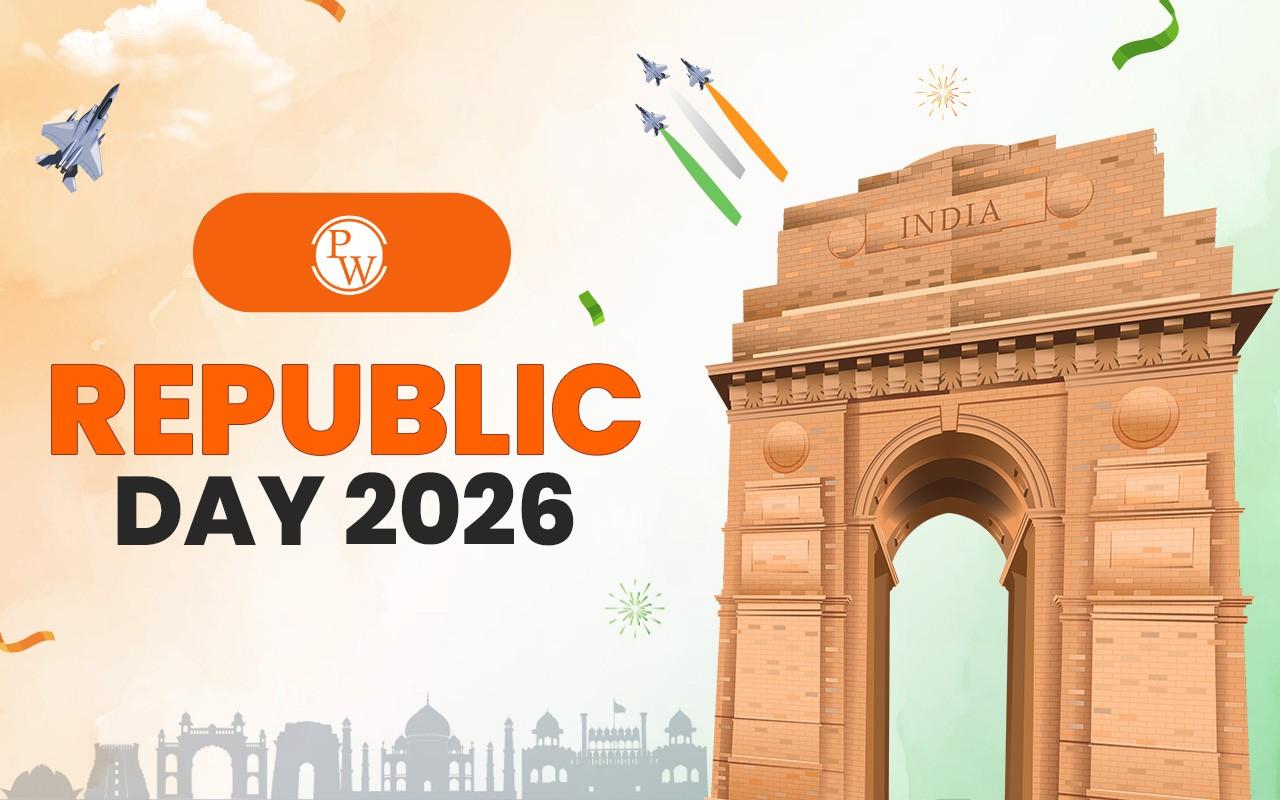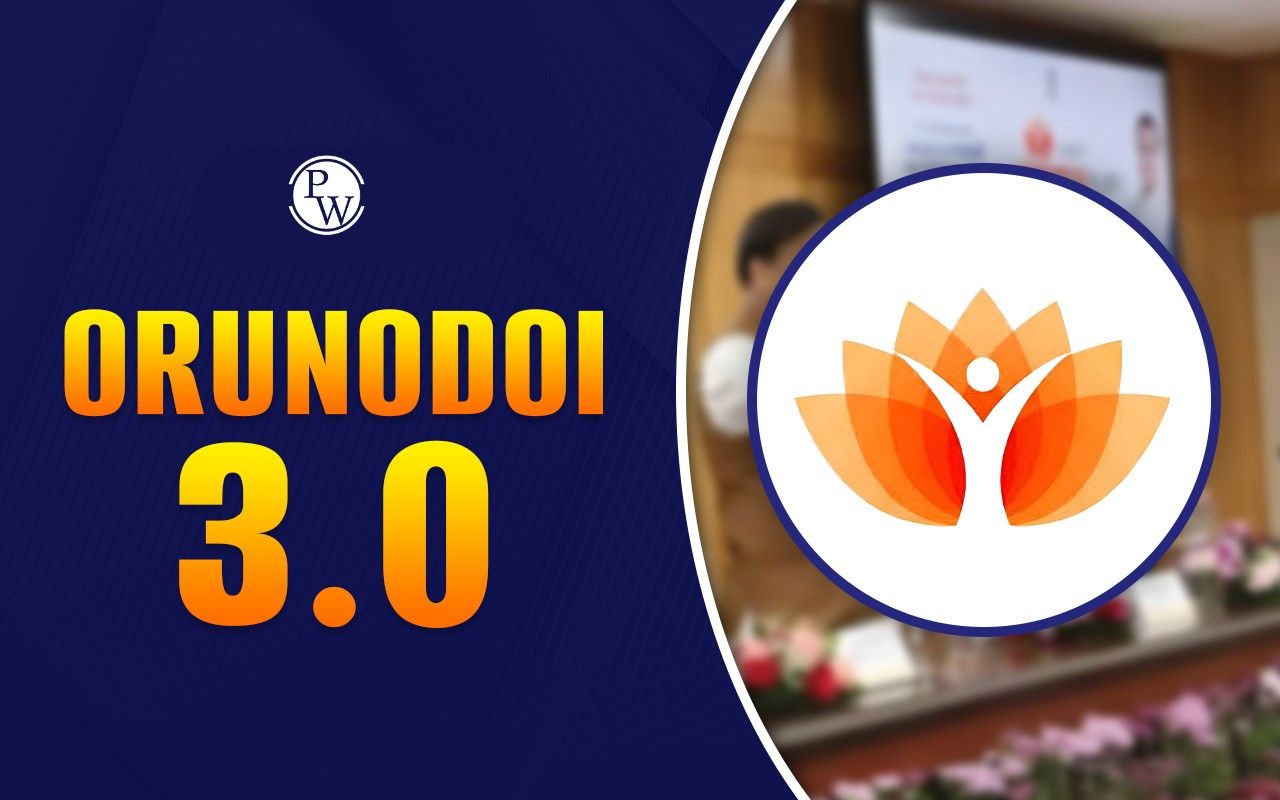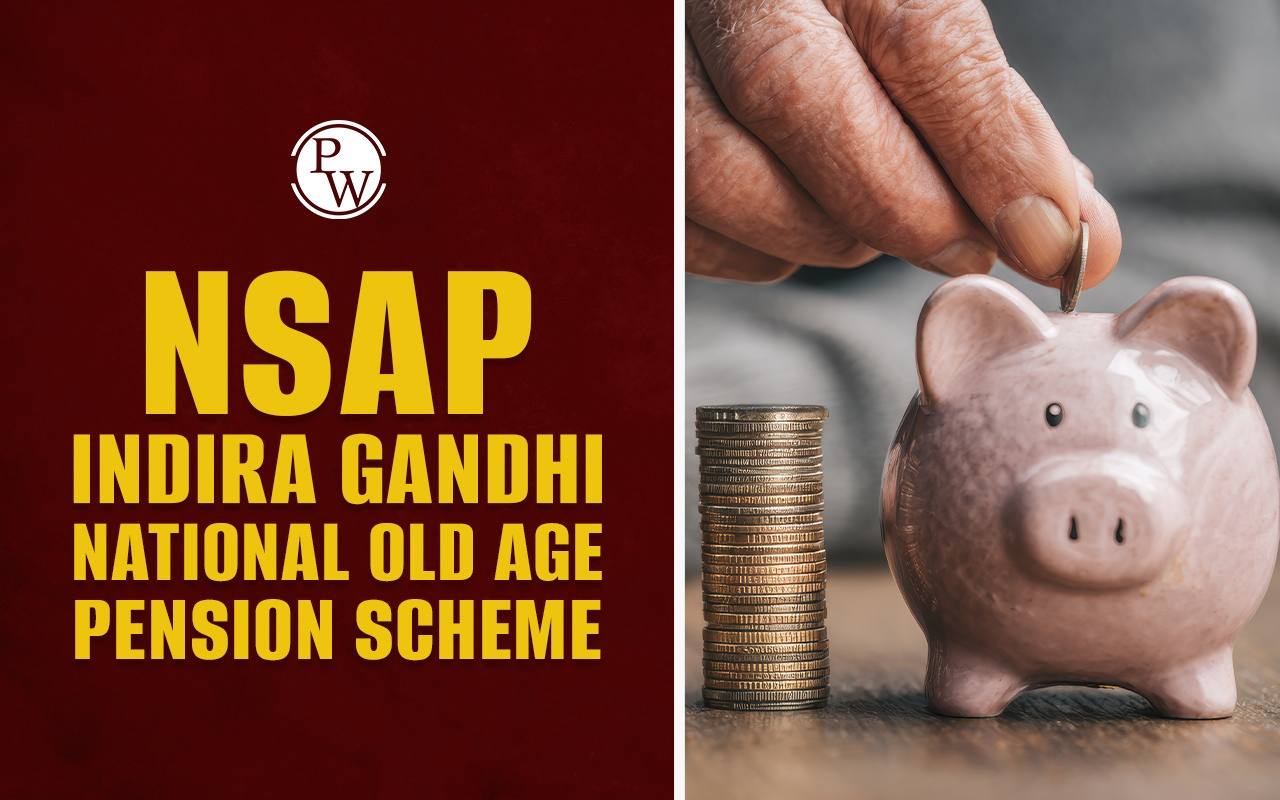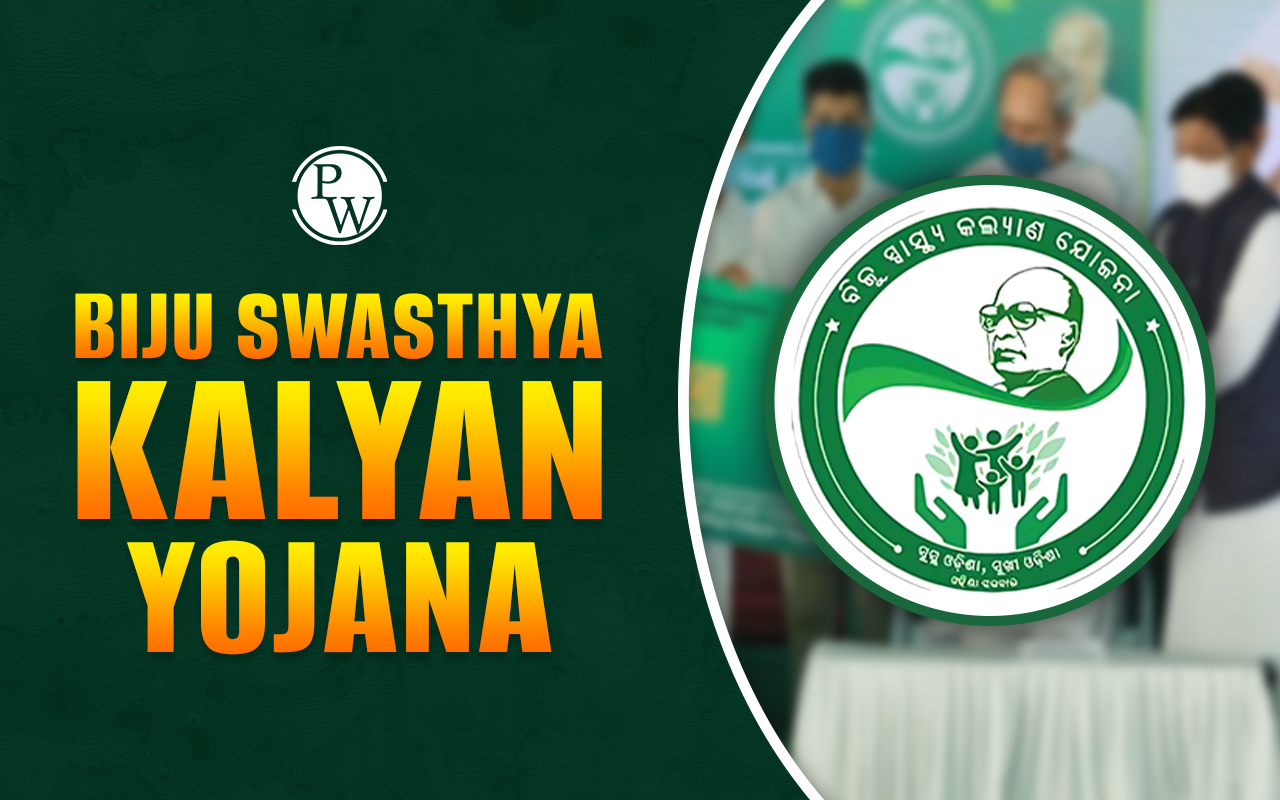
Collector and a District Magistrate (DM) are two important administrative roles in a district, often held by the same person in India.
While the Collector primarily focuses on revenue collection, land administration, and implementing government schemes, the District Magistrate is mainly responsible for maintaining law and order, handling emergencies, and overseeing the general administration of the district. Essentially, the Collector manages development and revenue, while the DM ensures peace, discipline, and effective governance.
Understanding the Roles: District Collector vs District Magistrate
The modern district head is a legacy of the colonial system, combining two distinct sets of powers. This system ensures efficient governance by placing both revenue and legal authority under a single, senior executive officer.
District Collector (DC)
The District Collector is the highest authority in charge of revenue administration within a district. This designation stems from the primary duty of collecting land revenue and other government taxes, which was historically the main administrative function.
District Magistrate (DM)
The District Magistrate holds the position of the senior-most executive magistrate in the district. This role grants the officer judicial and policing powers, making them the principal authority for ensuring the smooth functioning of law and order and general governance in the region.
Differences Between Collector and District Magistrate
To clearly understand the operational difference in the Collector vs District Magistrate roles, here is a comparison of their core responsibilities based on their official capacity:
|
Differences Between Collector and District Magistrate |
||
|
Aspect |
District Collector (DC) |
District Magistrate (DM) |
|
Primary Focus |
Revenue Administration, Land Records, and Resource Management |
Law and Order, Administration of Justice, and Criminal Administration |
|
Revenue Authority |
The highest authority in revenue collection is the Revenue Court. |
Limited role; may vary by state. |
|
Judicial Powers |
No judicial powers; functions are purely administrative. |
Senior-most executive magistrate; executes executive magistracy powers (under CrPC and IPC). |
|
Law and Order |
Limited role, but may coordinate law enforcement when necessary. |
Actively maintains law and order, handles public disturbances/riots, and controls police actions. |
|
Certifications |
Responsible for issuing statutory certificates like Domicile, Marriage, Caste (SC/ST/OBC), and EWS certificates. |
Does not handle certification powers. |
|
Crisis Management |
Assesses disaster damage related to land and crops; manages compensation. |
Oversees overall disaster response, relief, and rehabilitation operations. |
Responsibilities of a District Collector (DC)
The role of the District Collector focuses heavily on financial and land management within the district. Key responsibilities include:
-
Revenue Collection: Collecting various duties, including excise duties, irrigation dues, income tax arrears, and land revenue.
-
Land Management: Maintaining accurate land records, overseeing land use, managing land acquisition processes, and acting as an arbitrator in land acquisition disputes.
-
Financial Administration: Responsible for the district's budgeting and overall financial administration.
-
Welfare Schemes: Implementing and overseeing state and central government policies related to welfare and infrastructure.
-
Statutory Certificates: As the head of revenue, the Collector is the authority for issuing important official documents like domicile, nationality, and caste certificates.
Responsibilities of a District Magistrate (DM)
The District Magistrate's role centres on public order, legal authority, and coordinating general administration, essentially acting as the chief administrative officer of the district. Key responsibilities include:
-
Maintaining Law and Order: Directing and controlling police actions, handling public disturbances, riots, and communal tensions.
-
Executive Magistracy: Utilising judicial powers under the Criminal Procedure Code (CrPC) and the Indian Penal Code (IPC) to enforce administrative rules and maintain public peace.
-
Criminal Administration: Heading the criminal administration as the Deputy Commissioner and overseeing the condition and management of lock-ups and district jails.
-
Crisis and Disaster Management: Coordinating overall disaster response and relief operations in case of natural calamities or other major crises.
-
Public Administration: Coordinating the implementation of government schemes and supervising various administrative departments within the district.
Collector vs District Magistrate FAQs
Are the roles of District Collector and District Magistrate held by the same person?
Who is more powerful District Collector or the District Magistrate?
What is the role of a District Collector in land acquisition?
Does the District Magistrate have power over the police?

